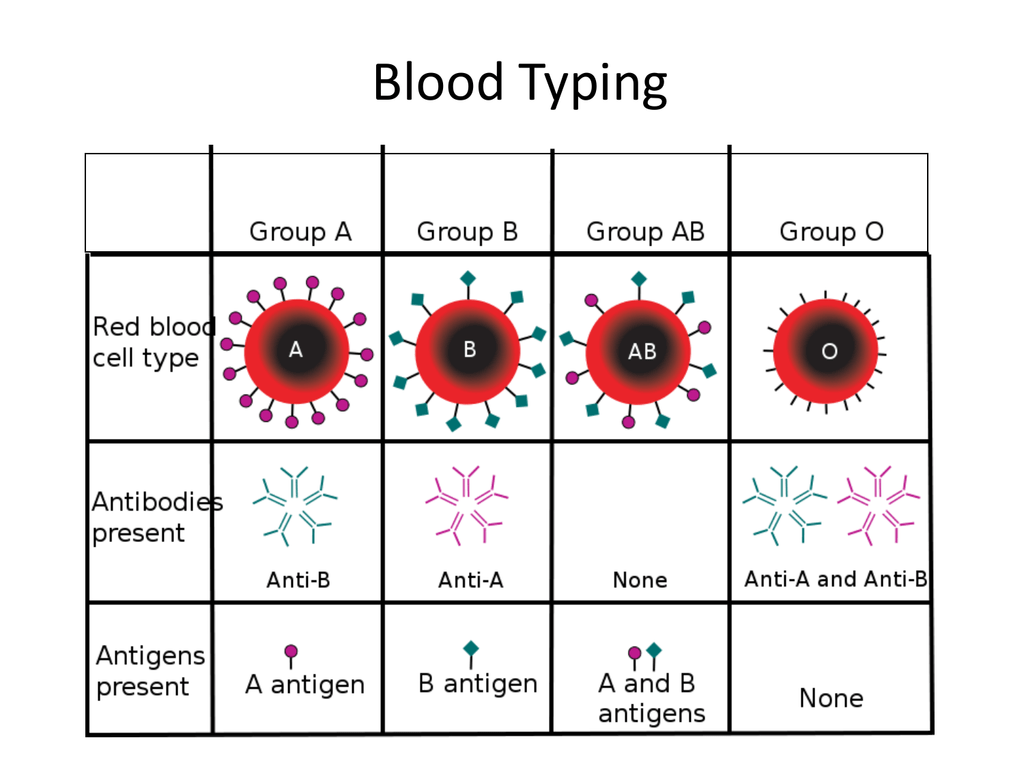Golden blood: The rarest blood type in the world – Blood type is classified on the basis of the presence and absence of antibodies. These antigens may be glycolipids, proteins, carbohydrates and glycoproteins.

Commonly there are 4 main blood groups that is A,B,AB and O are well know by everyone.But instead of these there are also some rare type of blood group that may not be easily available and only a few people have that type of blood group
The golden blood type or Rh null blood group contains no Rh antigens (proteins) on the red blood cells (RBCs).Only 43 people in the world can see Golden Blood, which can save lives in all blood groups.
It is well known that there are only four blood groups. But there is also a blood group that very few people know about. This is because of the fact that this type of blood group is very rare.

This precious golden blood is found in very few people, or in the world, in only 43 people. So the real name of this blood group is RH Null. Scientists have named it Golden Blood because it is valuable.
According to a report, the Golden Blood Group alone has been found in 63 people worldwide. It was first identified in 1961 by Kari Landstenier and later in 1930 he was awarded with Nobel Prize. He did a test while taking a local Australian pregnant woman’s blood sample.The Rhnull phenotype reportedly happens in one in 6 million people.
This blood is very useful, as it can be needed for any blood type if needed. This blood is found in the body of people who have zero RH factor.
It is a special type of protein found in red blood cells. If this protein is present in the RBC, the blood RH4 is positive. However, if the protein is not present at the time, the blood RH4 is negative. This is why the protein is also called RH antigen.
This type of blood is found in only one in six million people across the world.
What are the rarest blood types?
O positive: 35%
O negative: 13%
A positive: 30%
A negative: 8%
B positive: 8%
B negative: 2%
AB positive: 2%
AB negative: 1%
Also Read:- Aardvark was born in UK zoo for the first time in 90 years



